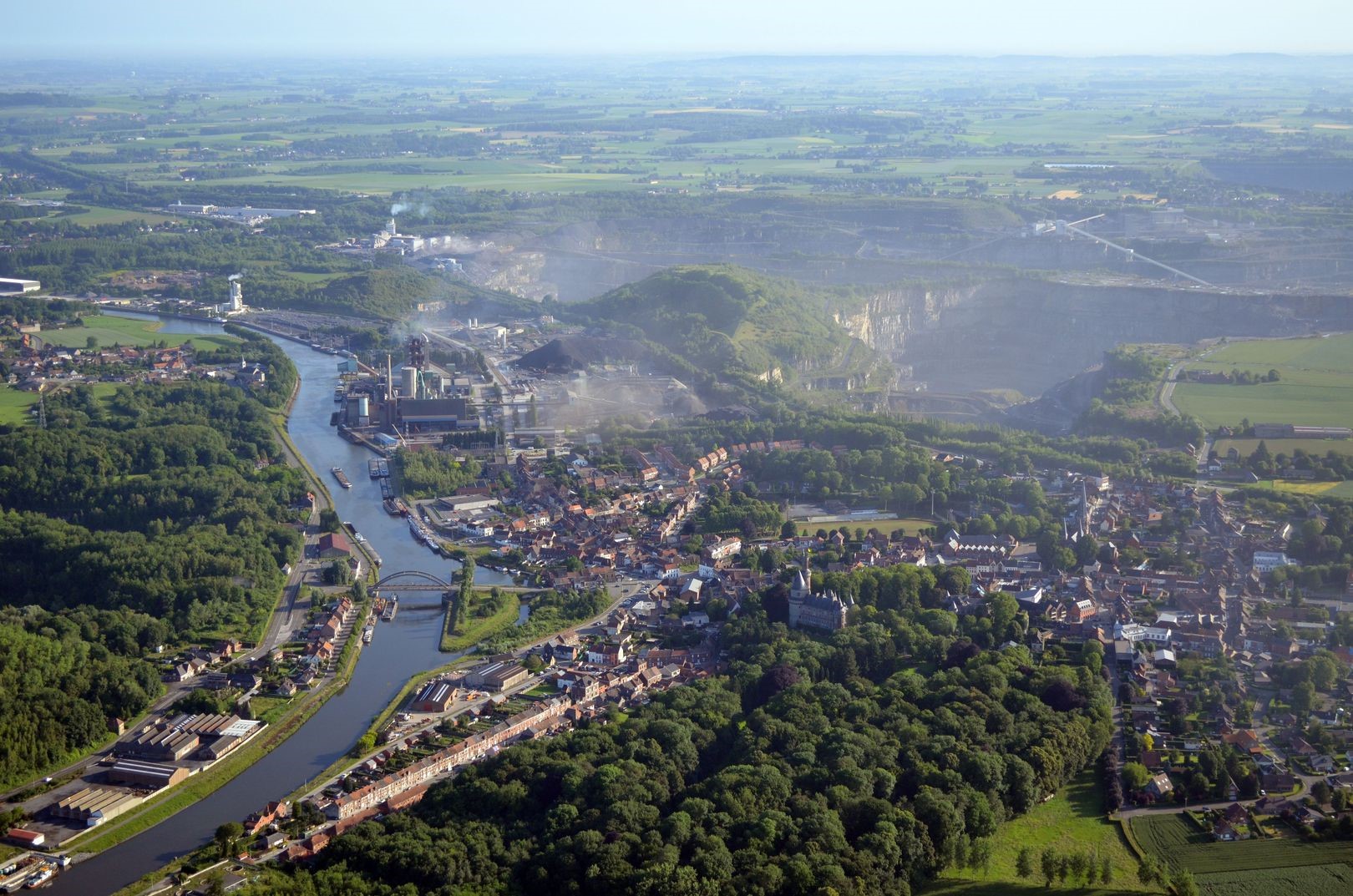Ruralism
Academic year: 22-23
Tutor: Erik Van Daele
Engagement: Urban Cultures
Theme: Rural spaces are radically transforming, dealing with challenges of water management, mobility, ecology, economy … The way we answer these will shape our future territories (B. Secchi), comparable to the way we addressed the challenges of the industrial revolution. In the studio we consider rural spaces as starting point of transformation, different from evolutions in urban areas. The studio is a bottom-up exploration of territorial transformations, the focus is on the role of architectural interventions. How can architectural interventions or strategies influence the way we imagine future territories? Which new building types or ensembles can we introduce in relation to a new regional concept?
Method: We work with different perspectives, that overlap and travel through different scale levels. All maps, concepts, and strategies are constantly confronted in a dialogue of growing maps, models, data… We understand the potential and characteristics of the territory through mapping. Parallel a socio-economic and demographic research reveals the needs of the territory. We work with the studio as one research office, the territorial maps are made in groups, smaller groups develop a vision and strategy and the choice of site, program and the project are individual.
Site Based on their personal interest students choose a site and develop a program. The territory we explore is Antoing, a village at 10 km from Doornik. It is a complex, artificial rural landscape that accelerates at high speed.
Engagement. The studio relates explicitly to main issues of the engagement.
- innovative design by understanding a context.
- Multi-scalar explorations
- An ecological and socio-economic perspectives favouring re-use and re-editing.
- Related to ongoing research on lines and nodes and the waterpark in the Eurometropolis.
Image: (bron: https://www.lavenir.net/)

